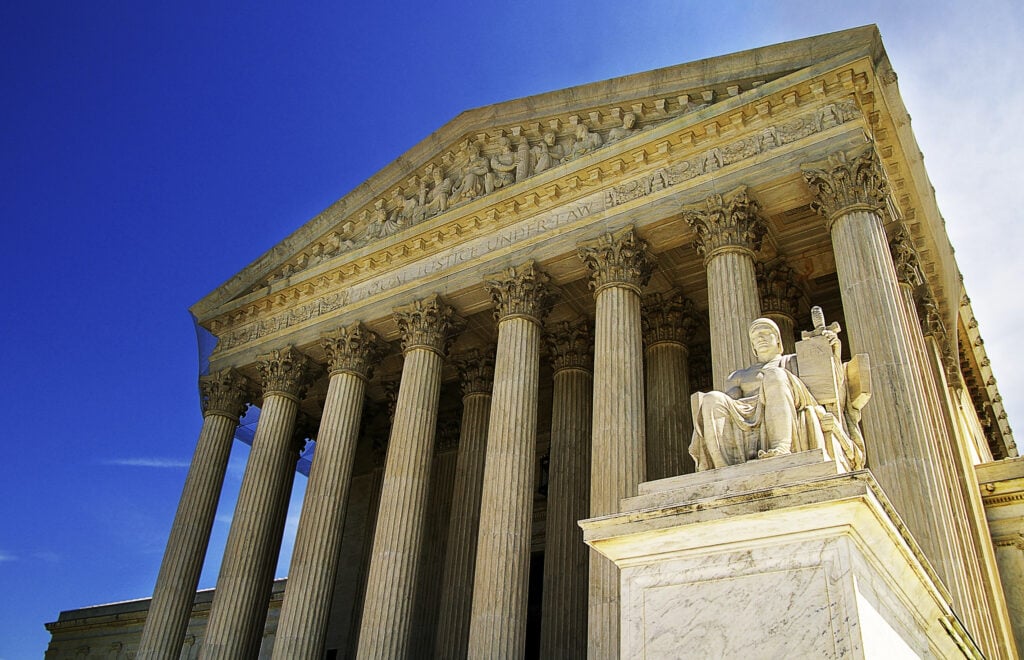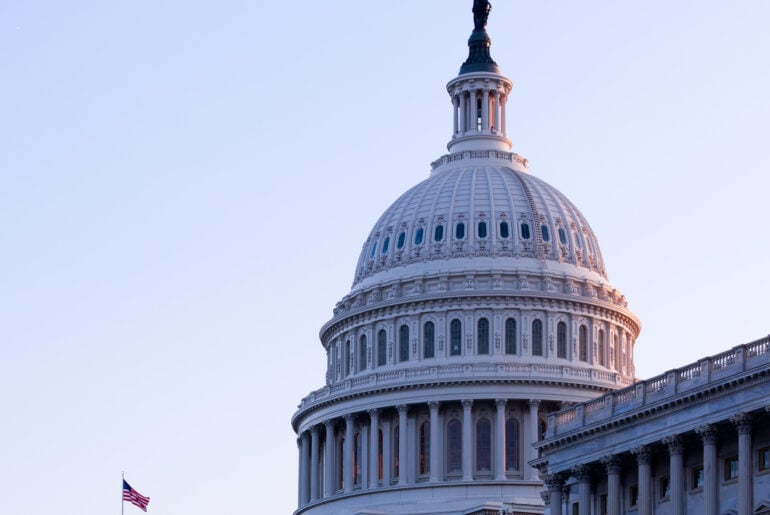In brief
After initially granting certiorari and hearing oral arguments in In re Grand Jury ─ a matter concerning the application of the attorney-client privilege to dual-purpose communications ─ the United States Supreme Court “dismissed as improvidently granted” the case. Tax practitioners had hoped that a ruling by the Supreme Court would resolve a circuit split regarding the extent to which such communications fall within the ambit of the privilege.
Background
As a general rule, a lawyer’s confidential communications to a client are privileged under the longstanding attorney-client privilege when the purpose of the communications is the seeking of legal advice. However, as a practical matter, attorney-client communications may be made for both legal and non-legal purposes. Such communications, known as “dual-purpose” communications, present a challenge for courts. This challenge is especially pronounced in the tax context, where the line between privileged tax and legal advice and non-privileged return prep and other business advice can already be blurry.
As a work around, different circuit courts of appeal have developed different tests in order to delineate the proper scope of the privilege, with the “primary purpose” test, notably adopted by the Ninth Circuit, being the most common. See In re Grand Jury, 13 F.4th 710 (9th Cir. 2021). Under the primary purpose test, a dual-purpose communication will be privileged if the legal purpose was predominant. In its briefs and during oral arguments for In re Grand Jury, the government argued for the Court to adopt the primary purpose test and resolve the circuit split.
In contrast, the D.C. Circuit utilizes the “significant purpose” test, under which a dual-purpose communication will be privileged so long as a significant purpose of the communication was to obtain or provide legal advice. See In re Kellogg Brown & Root, Inc., 756 F.3d 754 (D.C. Cir. 2014). Since the significant purpose test is not relative, the importance of other non-privileged purposes does not destroy the privilege. The petitioner in In re Grand Jury argued that the Court should adopt the significant purpose test to resolve the circuit split.
Dismissal
Despite initially granting certiorari, the Supreme Court ultimately “dismissed as improvidently granted” In re Grand Jury on January 24th. Although rare, the Supreme Court may dismiss a case as improvidently granted at any point prior to issuing a decision. When the Court dismisses a case as improvidently granted, it is as though certiorari was never granted in the first place.
The Supreme Court is not bound to provide an explanation for such a dismissal, only doing so about half the time. Accordingly, we may never fully know why In re Grand Jury was ultimately dismissed; however, the Court may have been concerned that the grand jury aspect of the case made it an improper vehicle for resolving the circuit split. Further, the Court may have been concerned about prohibiting the government from accessing potentially important documents in a grand jury investigation. Finally, the Court may have simply been skeptical that as a practical matter circuit courts significantly diverge in their treatments of dual-purpose documents, or that such divergence is overly problematic, with Justice Kagan at one point asking Petitioner’s counsel to comment on the idea of “if it ain’t broke, don’t fix it.”
Implications
Going forward, practitioners should be aware that the existing circuit split remains intact and that therefore tax practitioners should be mindful of the test used in the circuits in which they practice. Taxpayers would be wise to exercise caution when creating dual-purpose communications and should seek to segregate privileged and non-privileged communications whenever possible. As it is not always possible to know which circuit will ultimately decide a matter of privilege because disputes may arise as to proper jurisdiction, it is important to be cognizant of disparate circuit court treatments. A taxpayer could find themselves in a situation in which its case is ultimately appealed to a circuit other than the one they had anticipated. Of course, practitioners located in the Seventh Circuit should remain vigilant to the fact that dual-purpose documents are never privileged in that circuit. See United States v. Frederick, 182 F.3d 496 (7th Cir. 1999).





